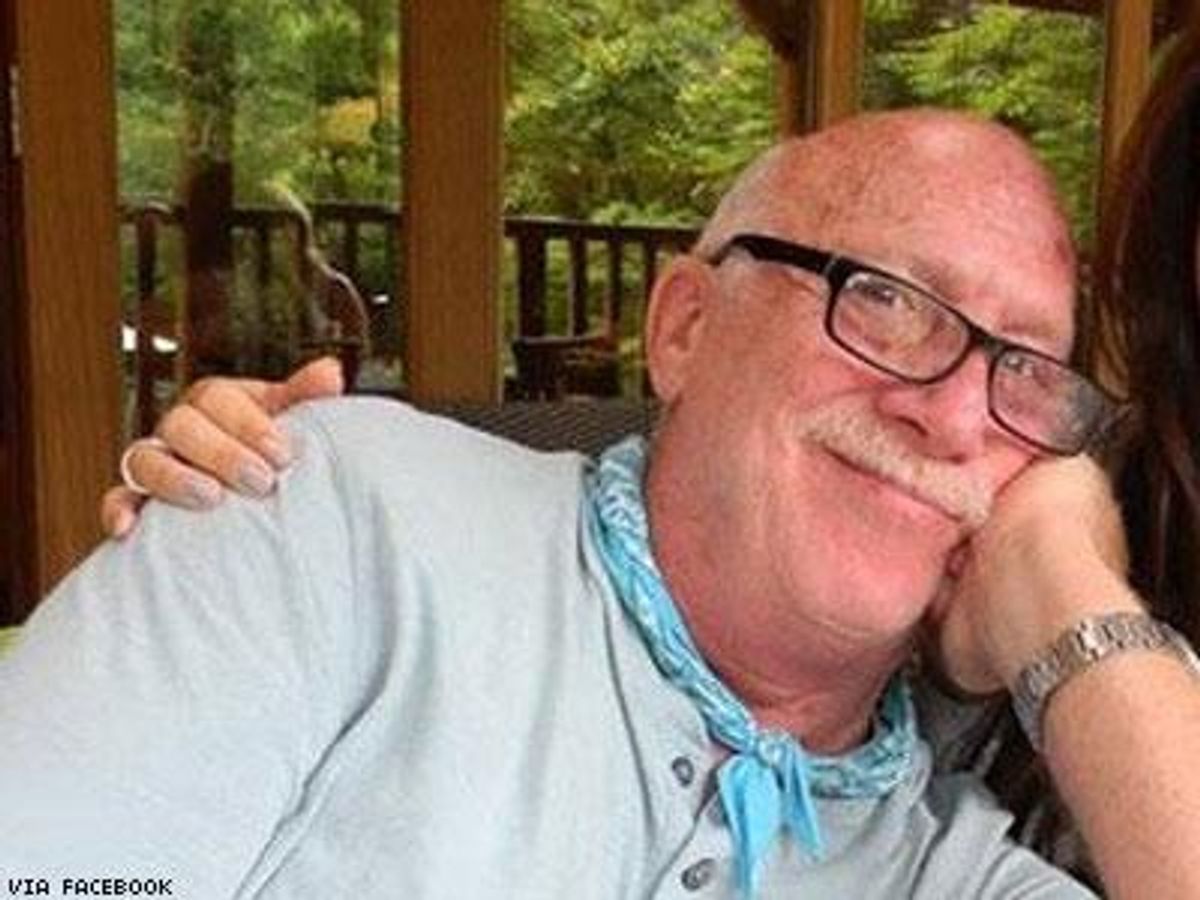Stephen Crohn, 66, a man instrumental to scientific understanding of how HIV infects CD4 white blood cells, committed suicide Aug. 23, as confirmed by his sister to The New York Times recently.
As the AIDS epidemic swept through the country in the early 1990s, Crohn's boyfriend — and later many of their friends — died of the disease, while Crohn remained uninfected. Bill Paxton, Ph.D., and David Ho, M.D., took this unique opportunity to expose Crohn's CD4 white blood cells to a higher concentration of HIV than could even be found outside of a test tube. It didn't lead to infection.
Still it would take years for Crohn's genetic resistance be decoded. After researchers isolated the two specific CD4 cell receptors that permit HIV infection, Crohn's mysterious immunity was explained: Crohn had a genetic mutation that produced a flawed second receptor, thus barring HIV from infecting his system. Based on the understanding of Crohn's delta 32 mutation, a preventative drug treatment can now halt infection from spreading in patients who have contracted the virus.
Without Crohn's contribution, today's knowledge of HIV infection might not be where it currently stands. Sadly, like many gay men who survived the early onslaught of AIDS, Crohn suffered from post-traumatic stress disorder because he lived when many others didn't.
"My brother saw all of his friends around him dying, and he didn't die," his sister Amy Crohn Santagata told the The New York Times. "He went through a tremendous amount of survivor guilt about that and said to himself, 'There's got to be a reason.'"








































































